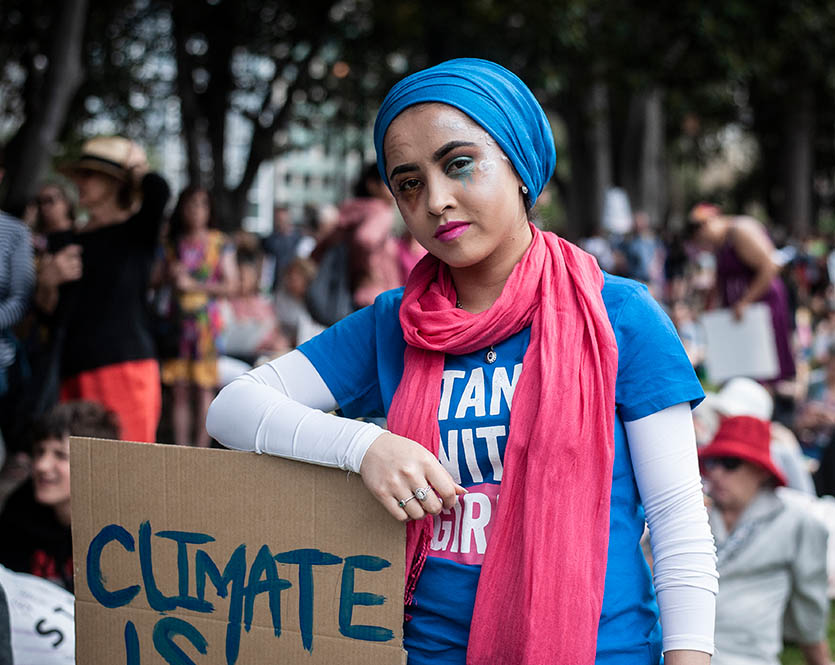Media Centre - 10 August 2021
Plan International response to IPCC report – “Young people must be included in the policy decisions to address the climate”

George Ouma, Plan International’s Policy, Advocacy and Research advisor for the Middle East, Eastern and Southern Africa, said:
“Today’s IPCC report highlights the stark reality of the climate emergency, but it comes as no surprise. We are already witnessing the impacts of extreme weather events, particularly in communities with the fewest resources to cope.
“This year alone, climate change will prevent at least four million girls from completing their education. Environmental shocks such as drought and flooding are also, together with conflict and COVID-19, contributing to a steep rise in hunger and food insecurity, which today means that 41 million people are on the brink of starvation.
“The IPCC highlights that unless urgent and transformative action is taken, we could reach 1.5C of warming earlier than anticipated. This would have catastrophic impacts, and as in so many crises, girls and young women will be the hardest hit.
“We call on leaders to urgently increase ambitions to reduce greenhouse gas emissions, and to come together at COP26 to take action to keep temperature rises below 1.5C. We must protect nature and a stable climate for children and future generations who have contributed the least to the crisis, but will be the ones living with its consequences.
“Young people must also be included in the policy decisions to address the climate crisis. It is their future that is being stolen from them and their rights most at risk, yet they are still being excluded from participating in decision making processes. At COP26, we urge leaders to meaningfully engage young people and indigenous peoples in all decisions, invest in a transformative climate education, and support poorer communities on the frontline.”
For further comment please contact Plan International Australia media and ambassador manager James Norman on 0451291775 or public relations advisor Claire Knox on 0452326549
Media contacts


